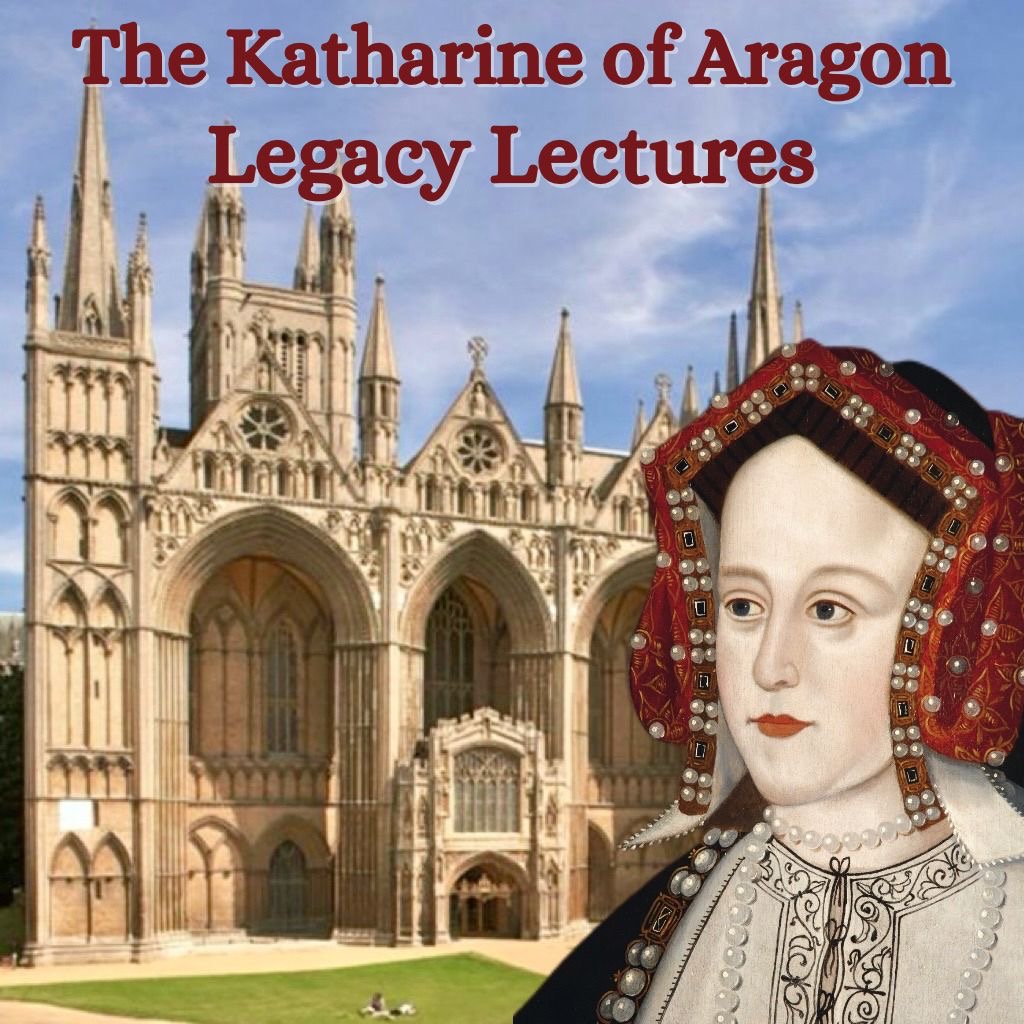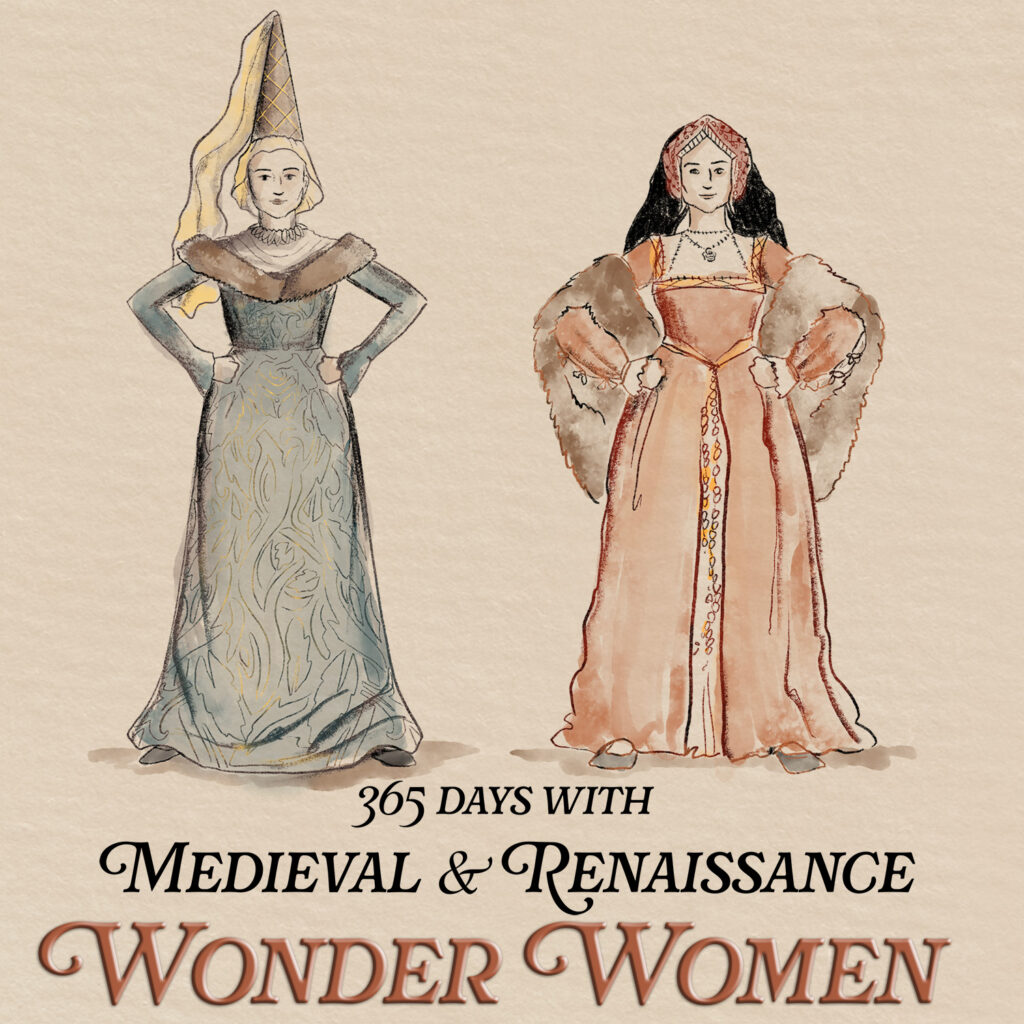Welcome to On the Tudor Trail Professor Loades! Why do you think that almost 500 years after Anne Boleyn’s death she still provokes such strong feelings and emotions? Why does she polarize people?
Anne Boleyn was a sexual adventurer, and one of the very few women to be executed for treason in a bloody century. This combination has given her a high dramatic impact. Also, we know quite a lot about her, and the sources do not agree, so the debate goes on. Her sexuality fascinates men and women alike, in the same way as is true of modern ‘celebrities’. The drama of her life with Henry VIII also has glamour – and some of his rubs off on her.
You have written many books about the Tudors, who has been your favourite Tudor personality to research and write about?
The Tudor on whom I have done the most research is Mary I, so I suppose that she has to be my favourite. However the one with whom I empathise is John Foxe – the author of the Acts and Monuments (Popularly known as Foxe’s Book of Martyrs). He was trying to use the writing of history to make a difference, and that I always agree with!
You have been commissioned by The Amberley Books to write a history of the Boleyn family to be published in 2012. Could you tell us a little more about what we can expect? Have you uncovered any ‘new’ information?
The Amberley book on the Boleyns does not have much new information in it in the sense of research discoveries, but it is put together in a new way, to give a different perspective on the family.
Was Thomas Boleyn’s marriage to Elizabeth Boleyn (born Lady Elizabeth Howard) his one and only marriage?
The Countess Elizabeth died in 1538, just a year before her husband, so although there was talk of his marrying again, he never got around to it.
The life of Elizabeth Boleyn is skimmed over in most historical biographies, why is it that we know so little about Anne’s mother?
Like most women in the sixteenth century, Elizabeth (Howard) Boleyn does not feature much in the records. She was paid as a member of Queen Catherine’s Privy Chamber, and she left a few letters, mostly on business matters. So although we can reconstruct her life, up to a point, the evidence is mostly circumstantial.
There are differing opinions as to whether or not George Boleyn fathered any illegitimate children. What are your thoughts?
The George Boleyn who was later Dean of Lichfield was born in about 1529, and was claimed years later to have been Lord Rochford’s son. There is (as far as I know) no contemporary evidence relating to his birth, and the name of his mother is not known. So the jury is still out on that one!
Was George’s relationship with his wife Jane as unhappy and strained as it is so often portrayed?
It was an arranged marriage, and never seems to have been very affectionate. They had no children, which may tell its own story, and seem to have spent a lot of time apart. The story that she gave evidence against him at his trial comes from a hostile source, and is suspect. He seems to have been a bit of a gallant, which probably did not help.
Do you think that Anne Boleyn and Thomas Wyatt were once romantically involved?
I think that Thomas may have fancied her, but there is no evidence that she reciprocated. The episode (if it happened) is hard to date and comes from an unsympathetic source I think that insofar as there was any reality to it, it was a courtly love ‘affair’ and lacking in substance.
Thomas and Elizabeth Boleyn were not buried together. Was this a result of a rift in their relationship caused by Anne and George’s execution or something else?
I suspect that it was simply accident. They probably died in different places, and were buried wherever was most convenient, and appropriate. However, this is not a matter to which I have given any thought. It is very unlikely that George’s and Anne’s executions had anything to do with it.
What is your favourite film about the Tudors?
I am not a great follower of Tudor films, but the one that impressed me most was ‘Elizabeth’, with Cate Blanchett in the title role. That showed some real insights into sixteenth century characters.
Share with us one of your favourite Tudor moments or quotes.
I think that my favourite Tudor quotation has to be Elizabeth’s injunction to William Cecil in November 1558:
‘I give you this charge, that you shall be of my Privy Council and content yourself to take pains for me and my realm. This judgement I have of you: that you will not be corrupted with any manner of gift, and that you will be faithful to the state, and that without respect of my private will, you will give me that counsel that you think best, and if you shall know anything necessary to be declared to me of secrecy, you shall show it to myself only. And assure yourself I will not fail to keep taciturnity therein, and therefore herewith I charge you.’
This is the foundation of one of the great political partnerships of English history – and if she didn’t use those words, she should have done!
With all good wishes,
David
To learn more about David Loades please visit his official website here.

















Thanks so much Nati, this is a fascinating and entertaining Q&A with Professor Loades. I’m glad you asked about Elizabeth Boleyn, as she’s such an enigma. I’m looking forward to the upcoming book. x
Interesting interview Is there anywhere I can find more out about David Loades himself? I’ve read a few of his books and would like to know a bit more about his viewpoints :). Thanks.
Is there anywhere I can find more out about David Loades himself? I’ve read a few of his books and would like to know a bit more about his viewpoints :). Thanks.